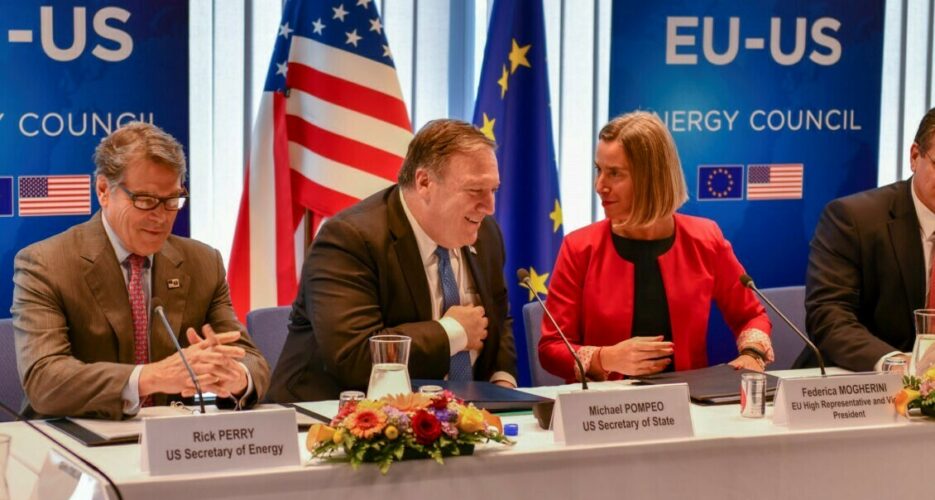About the Author
Ramon Pacheco Pardo
Dr. Ramon Pacheco Pardo is the Korea Foundation-Vrije Universiteit Brussel Korea Chair and a Reader in International Relations at King's College London.

Get behind the headlines
|
Analysis How the EU fits into North Korea’s current diplomatic rapprochementWillingness for a new round of pressure if things go wrong is eroding  With South Korean President Moon Jae-in set to arrive in Europe for nine-day visit this weekend, it's worth considering what those in the EU think about the current rapprochement process on the Korean peninsula. The EU has a clear policy towards North Korea: "critical engagement." The policy mixes carrots in the form of talks or aid with sticks, especially sanctions. Over the past three years, however, the EU has decidedly turned towards sticks as Pyongyang has made rapid progress on its nuclear and long-range missile programs. © Korea Risk Group. All rights reserved. |